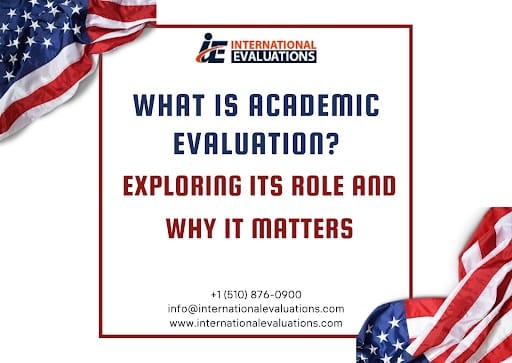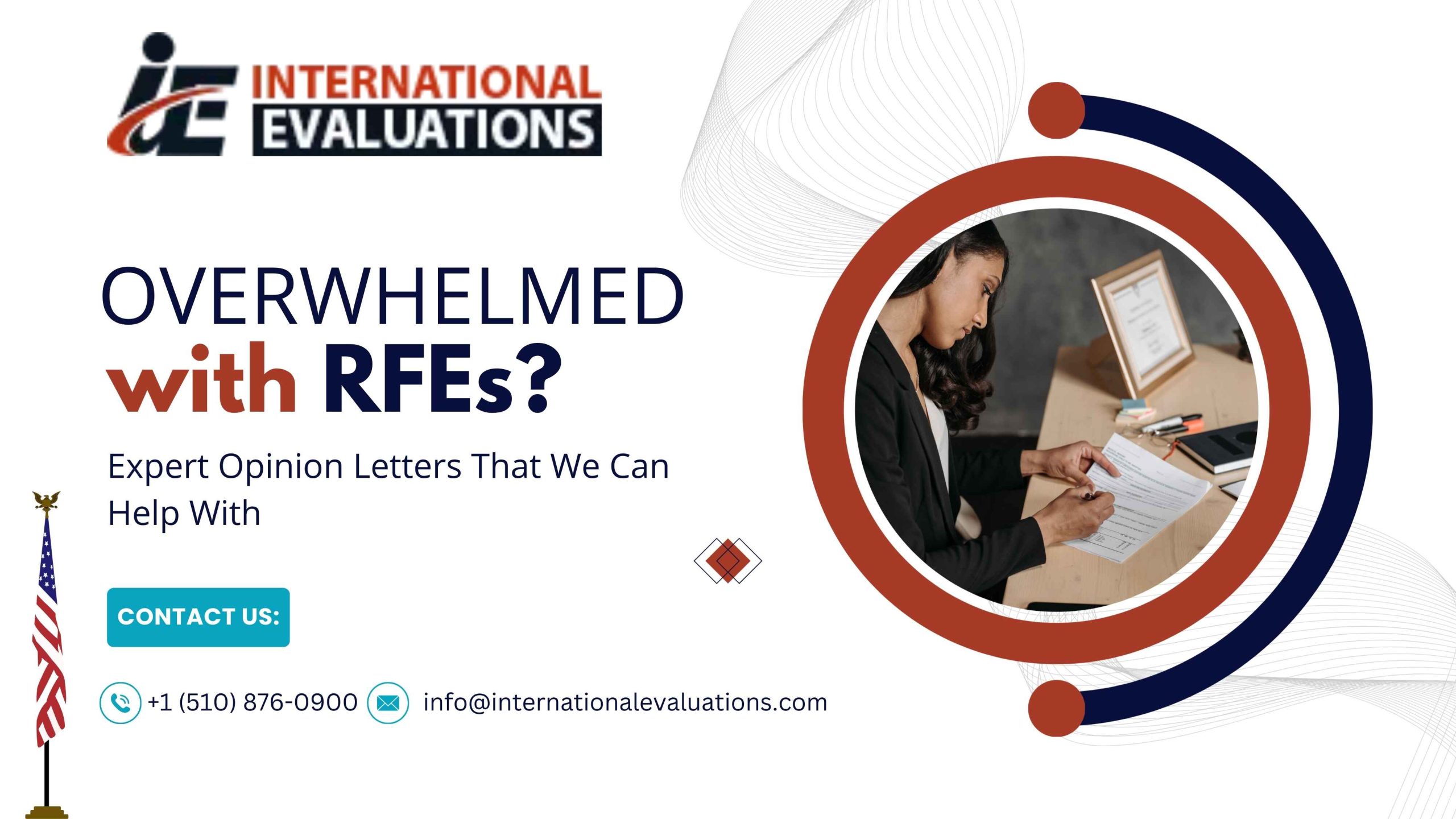Right now, Many individuals migrate across borders for employment, studies, or new life experiences, looking for better academic evaluation service. Academic credential evaluation is a process that is now crucial to assist institutions, employers, and immigration services to assess and authenticate the value of international education. Whether one is applying for university, wanting to advance his or her career, or desiring to immigrate, an academic evaluation enables one to understand, in a new context, what she or he has achieved in the classroom. So, what does this process save, and why is it so crucial?
So, What Is Academic Evaluation?
In other words, academic evaluation is the examination of the education credentials-education degrees, diplomas, and transcripts with the purpose of the comparison with the equivalent qualifications in the education system of another country. Evaluators carefully analyze documents from various educational systems to gauge the level, content, and value of foreign studies. By doing so, they can translate a person’s education into terms that make sense for institutions, employers, and governments in the target country.
Depending on the purpose of the evaluation, academic evaluation can be broad or highly detailed:
- Document-by-Document Evaluation: This provides an overview of a person’s educational credentials, showing the equivalent degree or qualification in the target country’s terms. It’s helpful for general purposes, like employment.
- Course-by-Course Evaluation: This is a more detailed evaluation looking at individual courses, grades, and credits. It’s often required for university applications where specific courses or grades are critical.
- Experience-Based Evaluations: Experience-Based Evaluations: At times, the work experience may also be used alongside the academic records in order to get a better picture with regard to specific professions where work experience is exceedingly important.
Why Is Academic Evaluation So Important?
The merits of these academic evaluation stretch far beyond the literal sense of the act of ‘translating’ the degrees; it is about availing the potential of the degrees, fairness, and even creating an international brethren of trust. Here are a few of the reasons why it’s so vital:
1. Opening Doors to Education
- For students hoping to study abroad, academic evaluations are often required by universities to assess if their previous studies meet the admission standards. This helps universities make informed decisions and allows students to continue their education on an equal footing.
2. Supporting Career Opportunities
- Many employers rely on academic evaluations to understand the qualifications of candidates educated in other countries. It can be challenging for hiring managers to assess foreign credentials without a standardized comparison. Academic evaluations give them the confidence that a candidate’s qualifications meet the job requirements.
3. Streamlining Immigration Processes
- Immigration authorities often require academic evaluations to verify a person’s qualifications, especially for skill-based visas. For example, in the U.S., highly skilled workers seeking H-1B visas need to show that their education matches specific requirements. Academic evaluation documents this equivalency, helping applicants prove eligibility.
4. Promoting Fairness and Understanding
- Education systems vary widely across the world. Without academic evaluations, it would be difficult to ensure fair comparisons across such diverse systems. Evaluations create a level playing field, allowing candidates to be judged based on equivalent standards rather than unfamiliar systems.
How Does the Academic Evaluation Process Work?
While the process can vary slightly based on the evaluator and purpose, a typical academic evaluation involves several key steps:
Document Submission: Candidates submit official transcripts, diplomas and other relative documents, and in some circumstances, translation thereof, certified by some official body of the candidate’s home country, where the records are in a language other than English.
Verification: The evaluator checks that these documents are genuine and from accredited institutions. This verification step is critical to maintain credibility and trust in the evaluation.
Credential Analysis: Finally, the evaluator assesses the documents based on factors like course content, grades, and credit hours, and then translates the foreign education into the target country’s educational standards.
Why Choose Academic Evaluation Service?
An experienced academic evaluation service like does more than just compare credentials – it makes sure that your hard-earned education is recognized accurately in a new country. For people who’ve invested time, energy, and passion into their studies, academic evaluation is a way to carry those achievements forward, wherever they go.
Whether you’re looking to advance your studies, career, or life in a new place, academic evaluation is often the first step in bridging the gap between where you’ve been and where you want to go.








